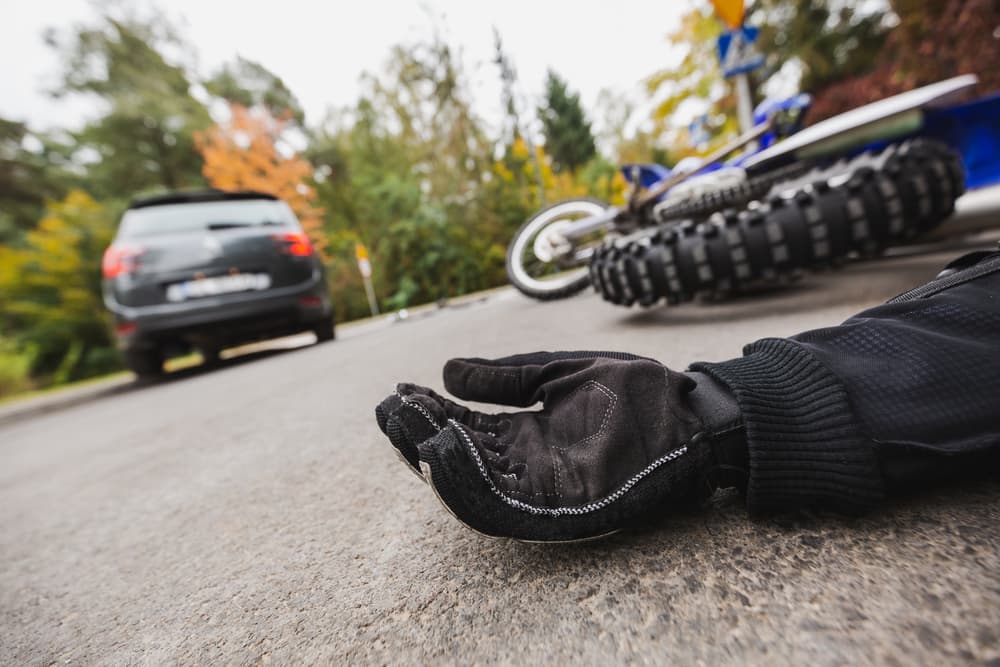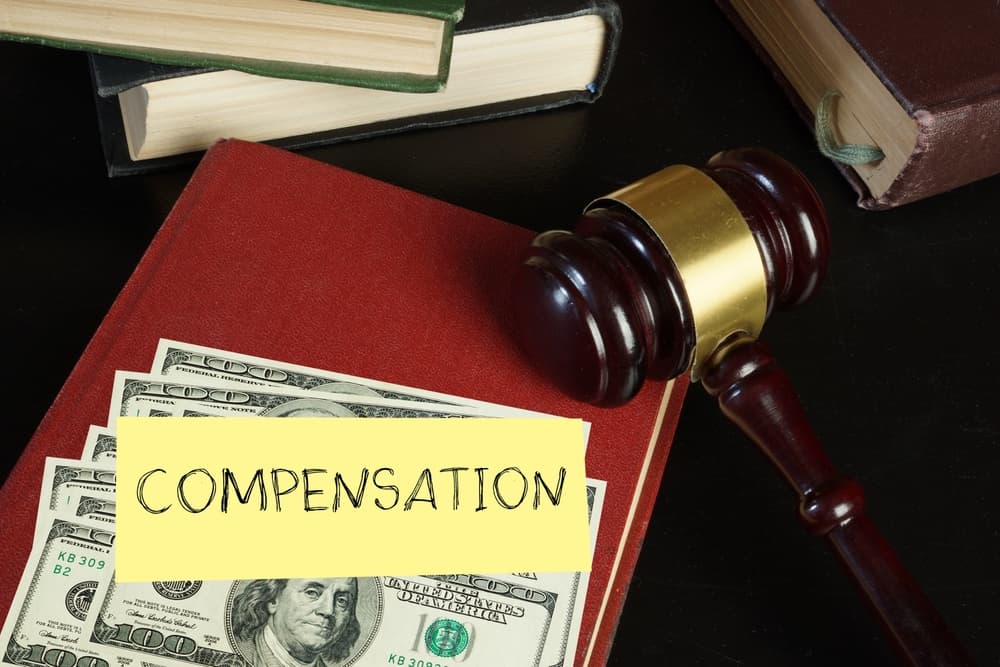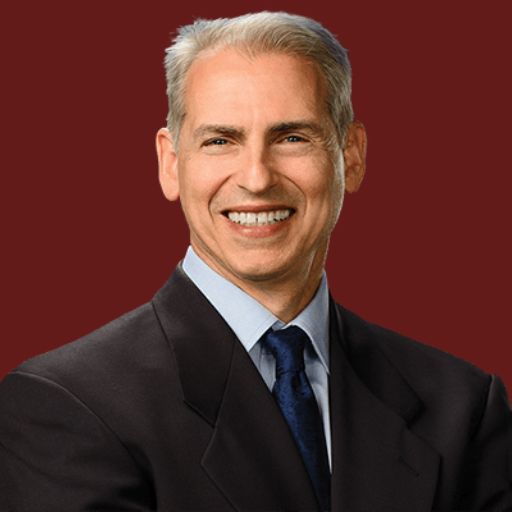You are riding through Bakersfield traffic when a car turns left across your path. You hit the brakes, but the collision cannot be avoided. Another motorcycle accident occurs at a busy intersection along Ming Avenue or White Lane. From your hospital bed, the cause seems clear: the driver failed to yield. Yet insurance companies often dispute fault, blaming the motorcyclist instead of their own client.
Most motorcycle accidents in Bakersfield involve more than one factor. Driver negligence, unsafe roads, or mechanical problems can all contribute. Riders also face bias in police and insurance investigations that often overlook the real cause.
A Bakersfield motorcycle accident lawyer from The Law Offices of Mickey Fine investigates every detail to reveal what truly happened. With more than thirty years of experience helping injured riders, the firm knows how to challenge unfair fault claims and pursue full compensation.
Call (661) 333-3333 today to speak with an attorney who can protect your rights after a motorcycle accident.
Key Takeaways About Fault in Motorcycle Accidents
- Other drivers failing to see or yield to motorcycles causes the majority of crashes, particularly during left turns at intersections.
- California's comparative negligence law allows recovery even when motorcyclists share partial fault for accidents.
- Both driver negligence and equipment failures create liability, expanding potential compensation sources beyond just the other driver.
- Bias against motorcyclists influences police reports and insurance investigations, making legal representation vital.
- Evidence collection immediately after crashes proves fault, but injured riders often cannot gather this documentation alone.
Common Causes of Motorcycle Accidents in Kern County
Motorcycle crashes arise from a range of overlapping factors that make determining fault challenging. While reckless riding is often blamed, data shows that other drivers are responsible for most collisions. The smaller size of motorcycles, combined with distracted or inattentive drivers, creates dangerous situations on Bakersfield’s busy roads.
The most common type of motorcycle crash involves left-turn accidents at intersections. Drivers turning across traffic lanes often fail to notice approaching motorcycles—particularly during heavy traffic on California Avenue or Stockdale Highway. These crashes frequently occur even when the motorcyclist has the right-of-way and is clearly visible.
Negligent Driver Behaviors That Lead to Motorcycle Accidents
Multiple negligent behaviors by car and truck drivers contribute to motorcycle accidents throughout Bakersfield. Recognizing these patterns helps establish liability in injury claims.
- Distracted driving from phones, navigation systems, or passengers
- Failure to check blind spots before changing lanes on highways
- Following motorcycles too closely without adequate stopping distance
- Opening car doors into traffic lanes without checking for riders
- Aggressive driving behaviors targeting perceived "slower" motorcycles
These driver actions create unavoidable hazards for motorcyclists who have limited protection and less stability than enclosed vehicles during emergency maneuvers.
Equipment Failures and Manufacturing Defects

Mechanical problems cause accidents independent of any driver error, shifting liability to manufacturers or maintenance providers. Defective motorcycle parts like brakes, tires, or steering components fail without warning, causing loss of control. Similarly, defective parts on other vehicles create crash risks when brake lights malfunction or tires blow out near motorcycles.
Product liability claims against manufacturers proceed separately from driver negligence cases. Your attorney investigates recall notices, similar incidents with the same equipment, and maintenance records revealing known problems. These claims often yield substantial compensation since corporate defendants have deeper insurance coverage than individual drivers.
Road Design and Maintenance Issues
Dangerous road conditions throughout Bakersfield create particular hazards for motorcycles that larger vehicles might navigate safely. California Government Code Section 835 holds public entities liable for dangerous conditions on public property when proper notice exists.
- Unmarked construction zones with loose gravel or uneven surfaces
- Potholes that cause motorcycle wheels to catch or deflect
- Oil slicks from poor drainage or commercial vehicle leaks
- Missing or faded lane markings at complex intersections
- Malfunctioning traffic signals creating confusion about right-of-way
Government liability cases face shorter filing deadlines and special procedures, making immediate legal consultation necessary after road condition accidents.
Proving Fault After a Bakersfield Motorcycle Accident
Establishing liability requires demonstrating that another party breached their duty of care toward motorcyclists. California Vehicle Code violations provide clear evidence of negligence, but fault determination extends beyond traffic infractions. Your attorney builds comprehensive liability arguments using multiple evidence sources.
Physical evidence from crash scenes tells stories that witness accounts might miss or misrepresent. Skid marks reveal braking patterns and vehicle speeds.
Impact damage indicates collision angles and force. Debris fields show vehicle positions at impact. This evidence requires immediate documentation before cleanup crews remove it or weather changes alter the scene.
How to Overcome Motorcycle Bias in Police and Insurance Investigations
Police officers and insurance adjusters often bring unconscious prejudices to motorcycle accident investigations. They may assume riders were speeding without evidence or blame lane-splitting even when performed legally. Your motorcycle accident lawyer challenges these assumptions with objective facts.
Video evidence from traffic cameras, nearby businesses, or vehicle dashcams provides unbiased accident documentation. Modern technology allows frame-by-frame analysis showing exact vehicle positions, speeds, and driver actions before crashes. This evidence often contradicts initial reports blaming motorcyclists for accidents they couldn't avoid.
Witness testimony requires careful evaluation since many people share negative stereotypes about motorcyclists. Your attorney identifies credible witnesses whose accounts align with physical evidence. Professional drivers, pedestrians, and uninvolved observers often provide more reliable testimony than involved parties' passengers.
Comparative Negligence in California Motorcycle Cases
California follows pure comparative negligence rules, allowing injured motorcyclists to recover damages even when partially at fault. Your compensation reduces by your percentage of fault, but doesn't disappear entirely unless you bear 100% responsibility. This system recognizes that multiple parties often contribute to accidents.
Insurance companies aggressively argue motorcyclist fault to reduce payouts. They claim excessive speed without proof, argue riders should have anticipated other drivers' mistakes, or cite protective gear choices as contributing factors. Your attorney counters these tactics with evidence showing the other party's primary responsibility.
How to Challenge Unfair Fault Assignments After a Motorcycle Crash
Challenging fault percentages requires understanding how minor rider actions get inflated into major contributing factors. Insurance companies might claim 50% fault for riding five miles over the speed limit when their client made an illegal left turn. Your motorcycle accident lawyer provides context showing such speed differences wouldn't have prevented the collision.
California law recognizes that perfect riding doesn't eliminate other drivers' duty to operate safely around motorcycles. Even aggressive riding doesn't excuse failures to yield, distracted driving, or other negligent behaviors that directly cause crashes. Fair fault allocation considers actual causation rather than general riding style.
Types of Compensation for Injured Motorcyclists

Motorcycle accidents often produce severe injuries requiring extensive medical treatment and long recovery periods. Compensation categories address both economic losses and personal suffering caused by other parties' negligence. Your attorney evaluates all damage types to maximize recovery potential.
Economic damages cover measurable financial impacts from accidents. Medical expenses include emergency treatment at Kern Medical, surgeries, rehabilitation at physical therapy centers, and future care needs. Lost income encompasses missed work during recovery plus diminished earning capacity from permanent injuries. Property damage covers motorcycle repairs or replacement value.
Non-economic damages address pain, suffering, and life quality impacts that money cannot directly fix. Physical pain from injuries and medical procedures, emotional trauma including anxiety and depression, and loss of enjoyment from inability to ride or pursue other activities all merit compensation. These damages often exceed economic losses in serious injury cases.
Bakersfield Motorcycle Accident Lawyer Fighting Bias Against Riders
The Law Offices of Mickey Fine confronts the prejudice motorcyclists face after accidents throughout Kern County. Located at 930 Truxtun Avenue, the firm serves riders injured on Bakersfield's dangerous roads with aggressive representation that challenges unfair fault determinations. Mickey Fine understands how insurance companies exploit stereotypes about motorcyclists to deny legitimate claims.
Your motorcycle accident lawyer investigates beyond surface-level police reports that often blame riders without proper analysis. The firm examines traffic camera footage from intersections along Highway 99, secures witness statements before memories fade, and works with accident reconstruction professionals who understand motorcycle dynamics. This thorough approach reveals the true causes of crashes that initial reports miss.
Operating on contingency means The Law Offices of Mickey Fine only succeeds when you receive compensation. This arrangement motivates comprehensive case preparation that anticipates every defense tactic insurance companies deploy. The firm's three decades of experience translates to strategies that overcome bias and secure fair settlements for injured motorcyclists.
FAQs for Motorcycle Accident Lawyers
What if the police report blames me for the motorcycle accident?
A police report is not the final word on who caused a crash. While it offers important details, officers sometimes make assumptions or overlook evidence, especially in motorcycle cases. Your attorney can provide additional information that corrects those errors, such as new witness statements, expert accident reconstruction, and video footage from nearby cameras.
Courts and insurance companies must review all available evidence, not just the initial report. With skilled legal guidance, your side of the story is fully represented and unfair conclusions can be challenged effectively.
How does lane-splitting affect fault in California motorcycle accidents?
Lane-splitting is legal in California when it is done safely. Drivers who change lanes without checking for motorcycles are responsible if their actions cause a collision. If a motorcyclist is traveling too fast or weaving unsafely between lanes, they may share part of the fault.
Under California’s comparative negligence rules, that portion reduces—but does not eliminate—potential compensation. An experienced attorney can show that your riding behavior was reasonable and that the other driver’s actions were the main cause of the accident.
What evidence helps prove the other driver caused my motorcycle accident?
Strong evidence helps establish what really happened and who was at fault. Useful sources include traffic or dash camera footage, skid marks, the pattern of vehicle damage, and witness statements describing the other driver’s behavior.
Your attorney may also use data from vehicle control systems and medical records that show how your injuries occurred. Together, this information provides a clear and detailed picture of the events leading to the crash, supporting your claim for compensation.
Can I recover damages if I wasn’t wearing a helmet during my accident?
California law requires all riders and passengers to wear helmets, but not wearing one does not automatically prevent financial recovery. If the lack of a helmet contributed to certain head or neck injuries, payment for those injuries may be reduced.
You can still recover compensation for other harm, such as broken bones or internal injuries. Your attorney will separate these issues and pursue the full value of the injuries that were not related to helmet use.
What if multiple vehicles were involved in my motorcycle accident?
When several vehicles are involved, fault is divided among all parties who contributed to the crash. Each driver’s actions are reviewed to determine responsibility. In some cases, claims may extend to multiple drivers, vehicle owners, or employers if a commercial vehicle was part of the collision.
Your attorney investigates each potential source of recovery to make sure no liable party is overlooked. This approach helps you pursue the maximum compensation available for your injuries and losses.
Protect Your Rights After a Motorcycle Accident in Bakersfield
Every motorcycle accident triggers immediate attempts to blame riders for crashes they didn't cause. Insurance companies, biased witnesses, and even police officers perpetuate stereotypes that cost injured motorcyclists fair compensation. While you focus on healing from serious injuries, evidence disappears and memories fade, making fault harder to prove with each passing day.

The Law Offices of Mickey Fine stands ready to protect motorcyclists throughout Bakersfield and Kern County from unfair fault determinations. Three decades fighting insurance company bias means your case benefits from proven strategies that overcome prejudice with facts.
Don't let stereotypes about motorcyclists rob you of rightful compensation. Call (661) 333-3333 immediately to start building your strongest possible case with a dedicated motorcycle accident lawyer.